A moss species found in China's second-largest desert and many other deserts around the world may hold the key to establishing human settlements on Mars, according to researchers at the Xinjiang Institute of Ecology and Geography.
They say Syntrichia caninervis from the Xinjiang Uygur autonomous region's Gurbantunggut Desert exhibits extraordinary resilience in harsh environments, making it a promising candidate for a "pioneer plant" on the Red Planet.
"Setting up human outposts on Mars requires plants that can thrive in challenging conditions," said Zhang Daoyuan, a researcher at the institute. "Syntrichia caninervis' ability to withstand extreme environments makes it a strong contender."
Researcher Li Xiaoshuang highlighted its ability to survive desiccation. It can lose over 98 percent of its water content and revive within seconds upon rehydration.
"Intact plants even withstood ultralow temperatures, regenerating after five years in a-80 C freezer or a month submerged in liquid nitrogen," Li added.
Syntrichia caninervis also demonstrates exceptional resistance to radiation, surviving simulated Martian conditions that included an oxygen-depleted atmosphere, extreme dryness and fluctuating temperatures.
"This research positions Syntrichia caninervis as a potential pioneer organism for extraterrestrial environments," Li said. "It could pave the way for creating sustainable human habitats beyond Earth."
The findings were published in the journal The Innovation on July 1. The research — a collaboration between Li, Zhang, another researcher at the institute, Zhang Yuanming, and academician Kuang Tingyun of the Chinese Academy of Sciences — was supported by the Xinjiang scientific expedition project and CAS' key research program for frontier sciences.
The team plans further experiments onboard spacecraft to monitor the moss' response to microgravity and various radiation stressors in real-time. Understanding its resilience at a deeper level could unlock applications for colonizing outer space, Li said.










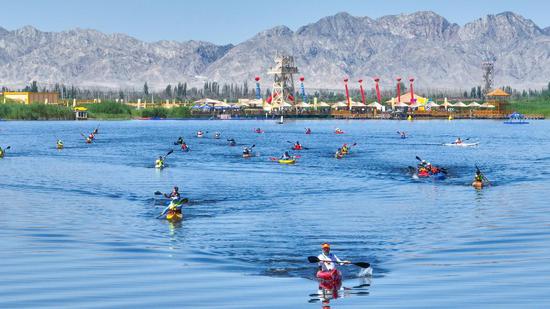

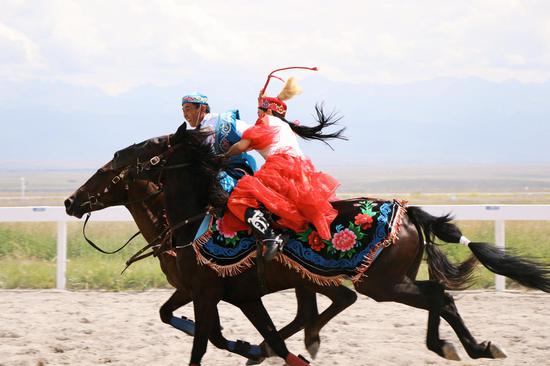



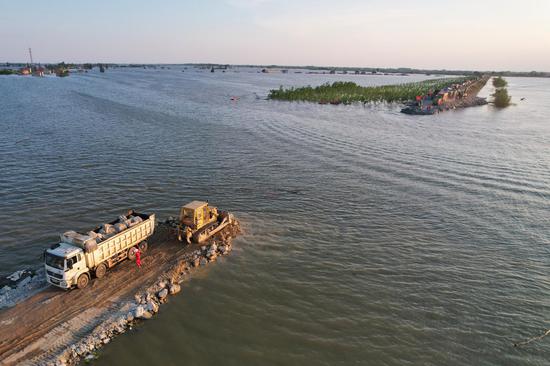


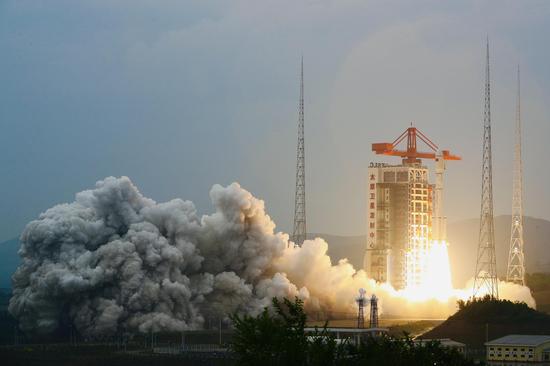





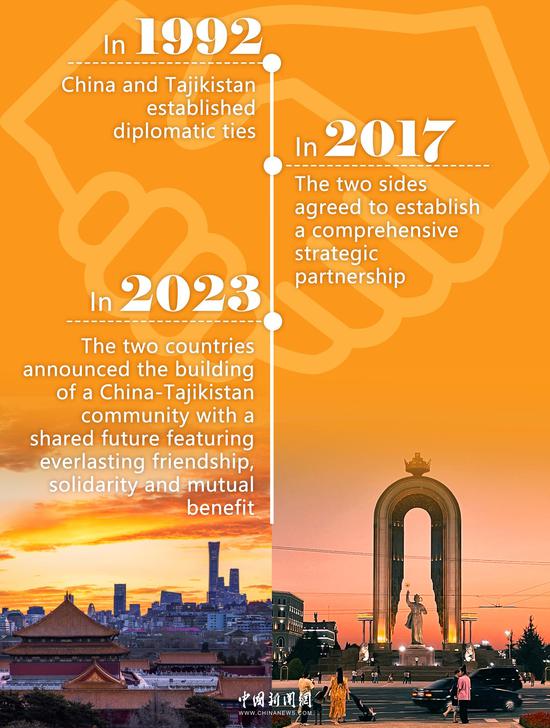
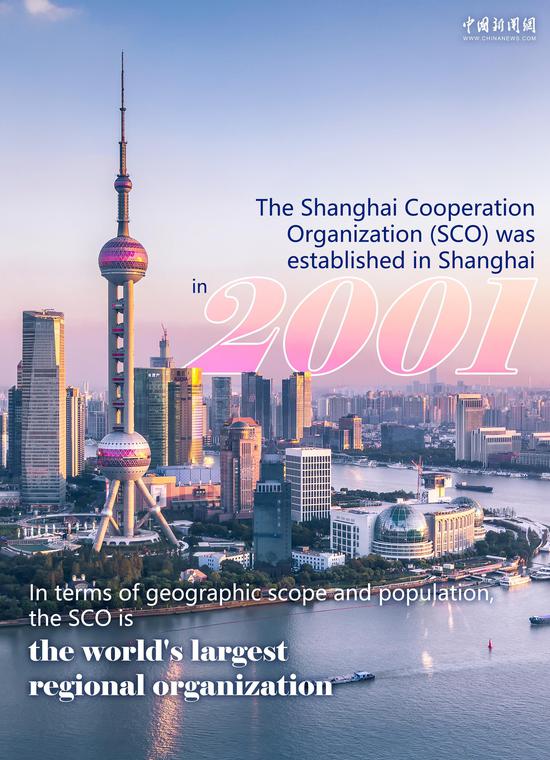









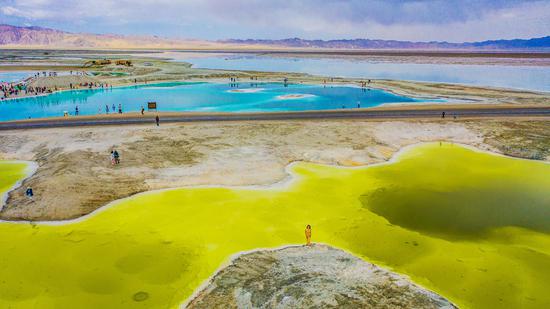

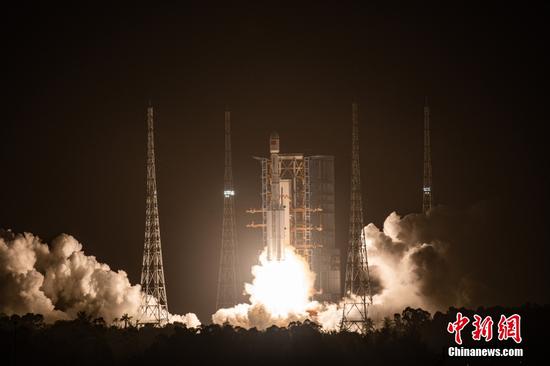

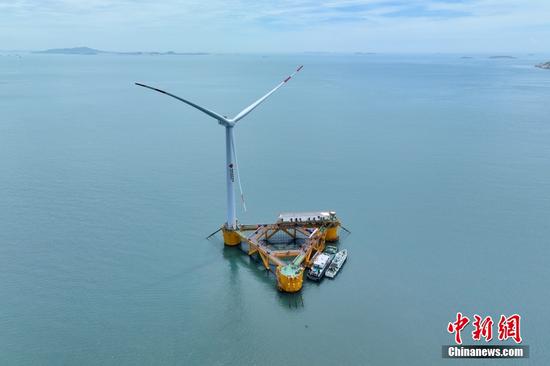

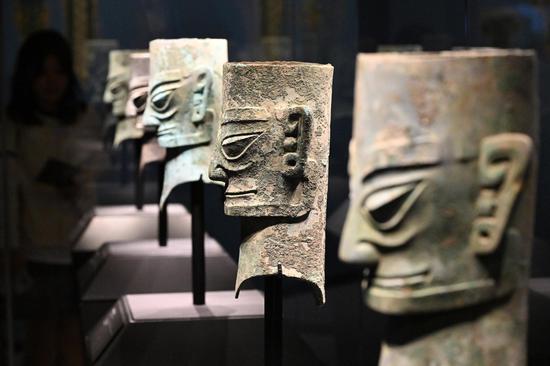
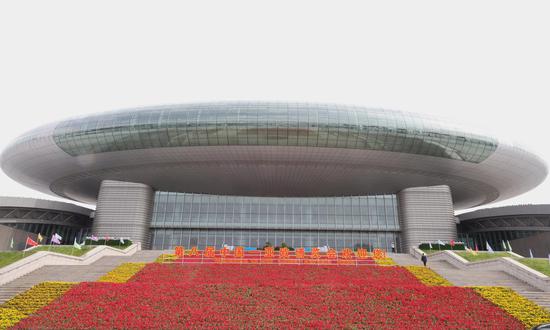
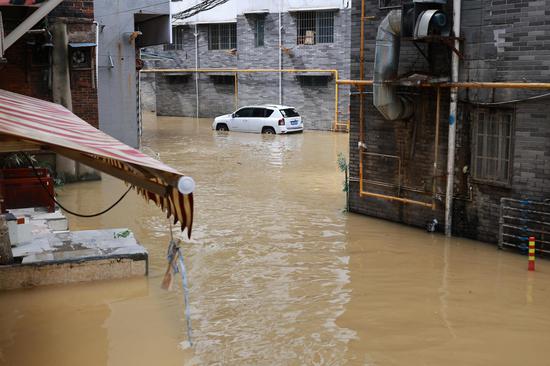





 京公网安备 11010202009201号
京公网安备 11010202009201号